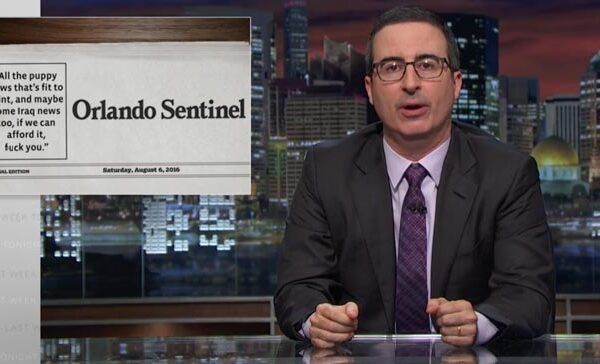In the grand tapestry of life, where laughter forms the brightest threads, there’s a particular charm in sharing jokes and impressions that bring people closer together. Imagine, if you will, a world where celebrities hosting Saturday Night Live do so purely for the love of comedy—no paycheck involved. It’s here, in this imaginary greenroom filled with laughter and camaraderie, that we find ourselves today.
As someone who has spent more years than I care to admit perfecting my own rendition of Christopher Walken buying groceries (a routine that never fails to get at least a chuckle at dinner parties), I’ve come to appreciate the subtle artistry behind good impressions and well-timed jokes. They’re not just about mimicry or punchlines; they’re tiny windows into shared experiences and cultural touchstones.
Take, for instance, the unlikely scenarios involving figures like Barack Obama and Bruce Springsteen. Picture them embarking on a road trip across America—not as icons but as old friends arguing over playlists and diner choices. There’s something inherently funny about imagining these larger-than-life personalities in everyday situations. It humanizes them while simultaneously highlighting their idiosyncrasies through humor.
And then there’s Al Pacino at the Oscars—a scenario ripe for comedic exploration. How might his iconic intensity transform even mundane moments into Oscar-worthy performances? “This…this envelope,” he might begin, eyes wide with anticipation, “is not merely sealed paper but a portal to dreams!” Suddenly, reading off nominees becomes an epic saga deserving of its own dramatic score.
Creating these vignettes requires more than just an ear for accents or timing; it demands an understanding of what makes each personality tick—their speech patterns, gestures, even how they might react in absurd situations. Aspiring comedians often ask me for advice on nailing impressions or crafting jokes that resonate. My answer is always twofold: observation and empathy.
To truly capture someone’s essence in an impression or joke means observing them beyond surface-level quirks—it means empathizing with them enough to understand how they’d navigate different scenarios authentically yet humorously.
But let’s not forget: At the heart of all this is enjoyment—the sheer joy of entertaining others through voices and storytelling. Whether it’s imagining celebrities in bizarre day-to-day scenarios or bringing an audience to tears laughing at your rendition of Shakespeare ordering fast food (“Wouldst thou like fries with that?”), what ultimately matters is connecting with others through shared mirth.
So next time you find yourself recounting how Ellen DeGeneres might organize her sock drawer (with dance breaks between color categorizations) remember: You’re not just making jokes; you’re weaving connections through laughter—one impression at a time.
In closing—whether you’re standing on stage under bright lights or simply entertaining friends over coffee—never underestimate the power of humor to bring us together. After all, life’s too short not to laugh at our collective idiosyncrasies—and perhaps along the way discover a bit more about ourselves and each other.



